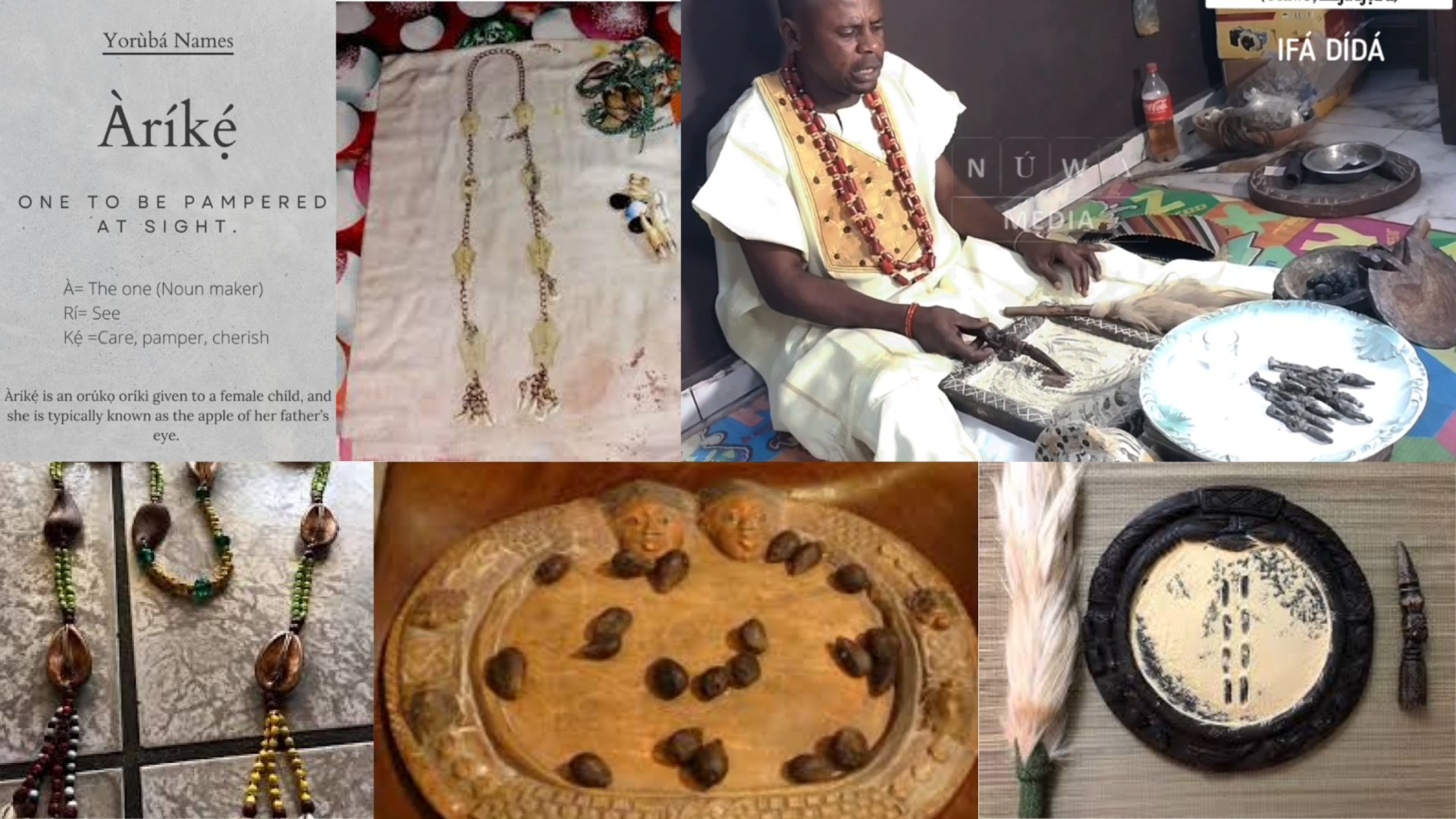Dive into the Richness of Yoruba Culture - Festivals, Artistry, Cuisines
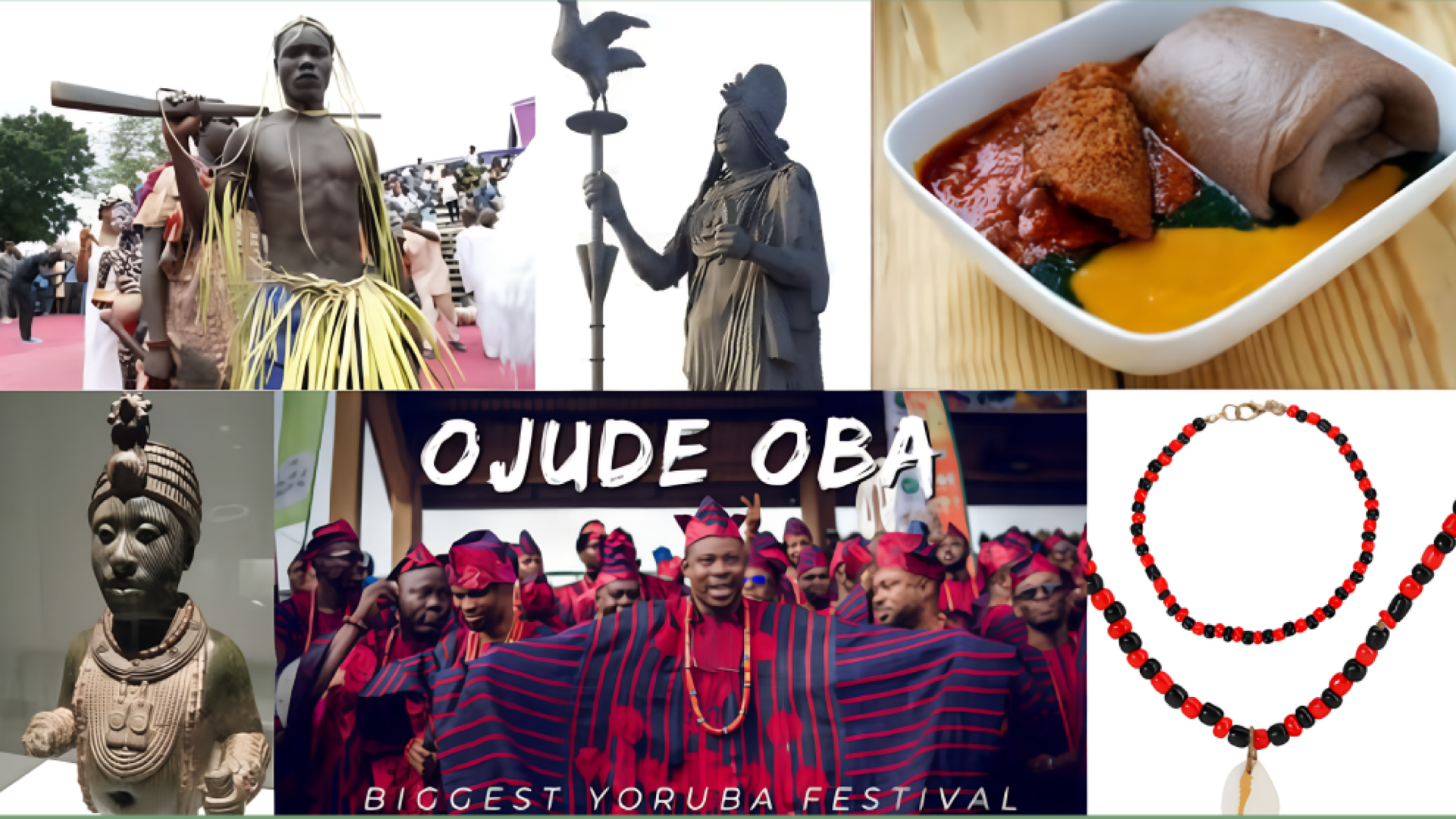

Ojude Oba, meaning "The King's Forecourt", is a spectacular Yoruba festival held annually in Ijebu-Ode, Ogun State, Nigeria. It is a grand post-Sallah celebration observed by the Ijebu people to pay homage to the Awujale (King) of Ijebuland.
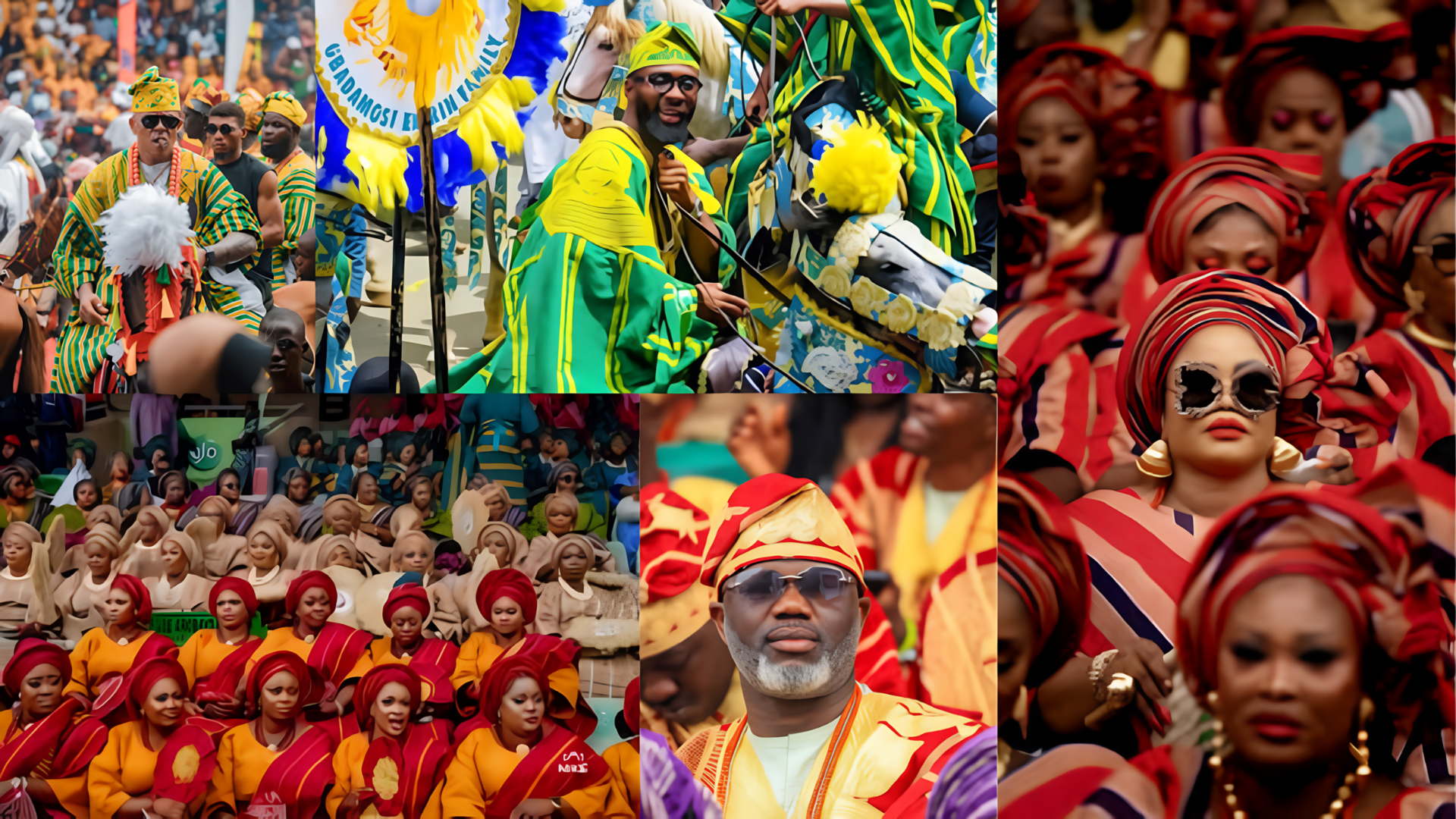
The Jìgbò Festival, celebrated in Ijebu East, Ogun State, honors Jìgbò, the god of wine and fertility. It runs from January to March and is one of the most anticipated cultural events in Ijebu land.The festival features the Jìgbò masquerade, believed to have descended from a palm tree, costumed in palm fronds, colorful fabrics, and whisks. Jìgbò is served by the Eleku (appointed by the king) and supported by Lagbariko (mainly women).
The Jìgbò Festival blends spirituality, entertainment, and community bonding, making it a vital part of Ijebu cultural heritage.
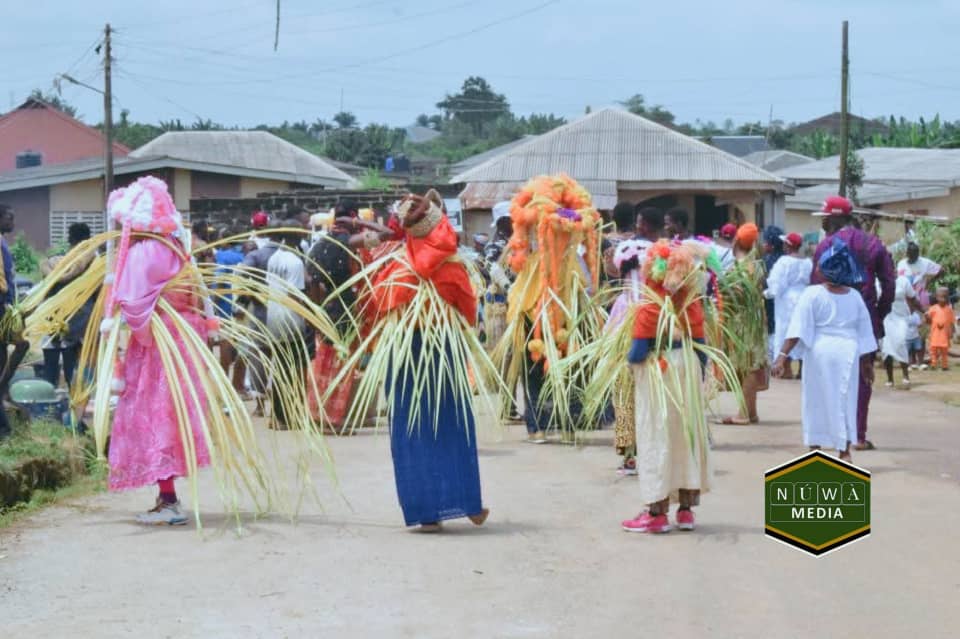
The Olojo Festival is one of the most significant cultural events in Ile-Ife, celebrating Ogun, the god of iron and war. The name "Olojo" means "The Day of the Creator," symbolizing a sacred time when the Arole Oodua (Ooni of Ife) communes with the gods on behalf of the Yoruba people.
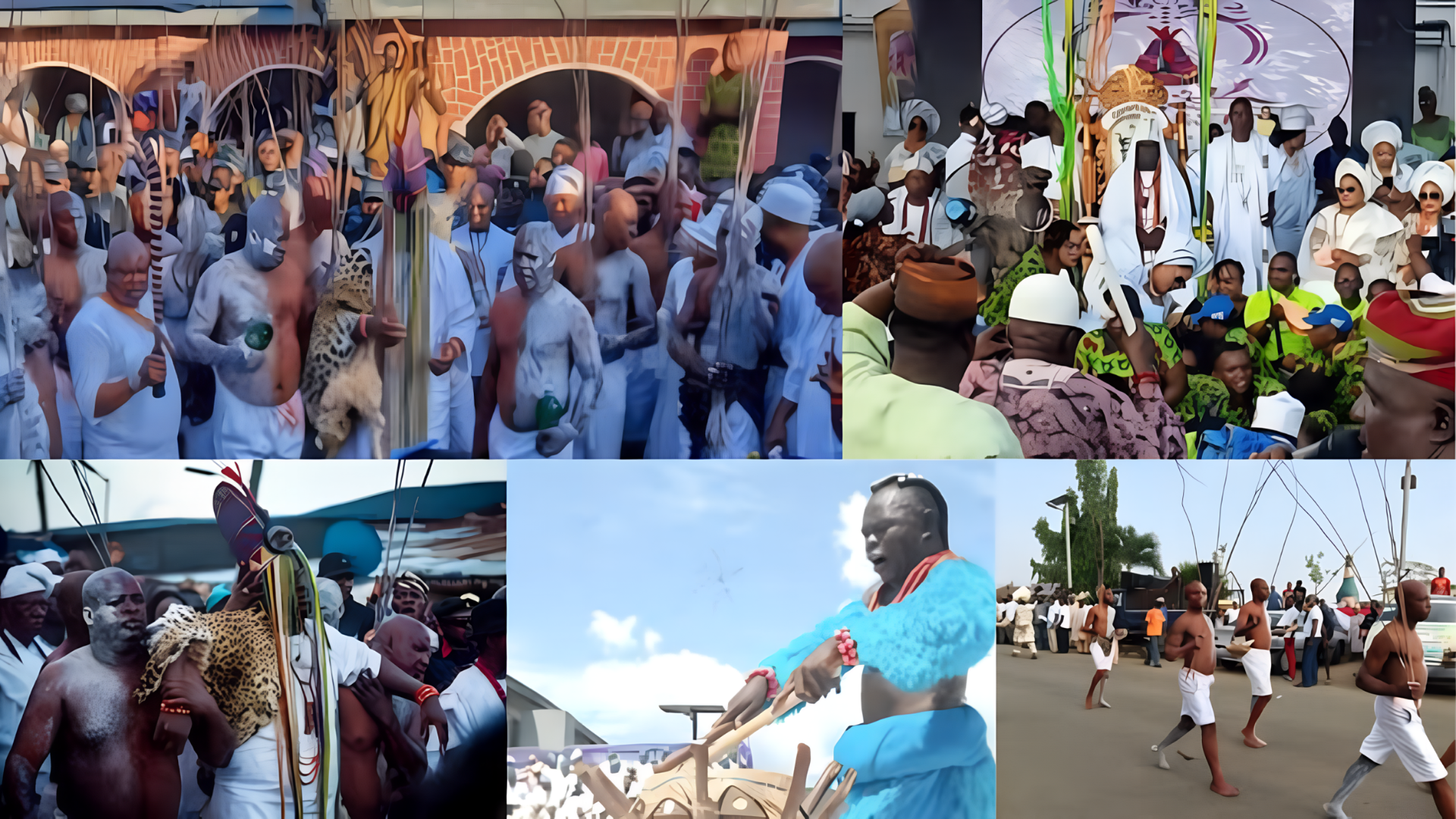
The Osun-Osogbo Festival is an annual two-week event held in Osogbo, Osun State, in honor of Osun, the goddess of fertility and water. This UNESCO-recognized festival is one of the most famous Yoruba spiritual celebrations.
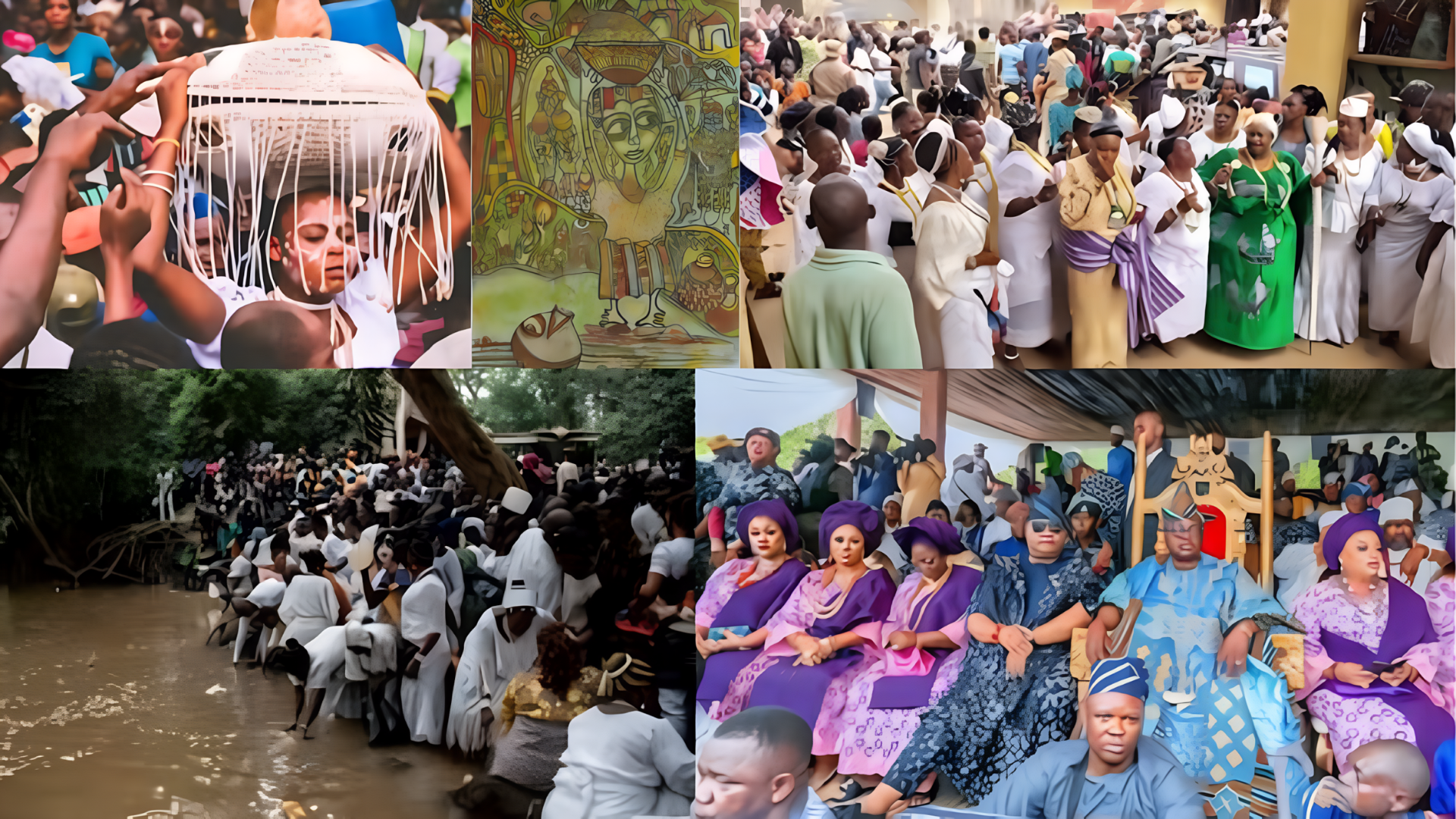
The Eyo Festival, also called the Adamu Orisha Play, is a unique Yoruba masquerade festival held in Lagos. It is linked to honoring deceased Lagos monarchs and chiefs.
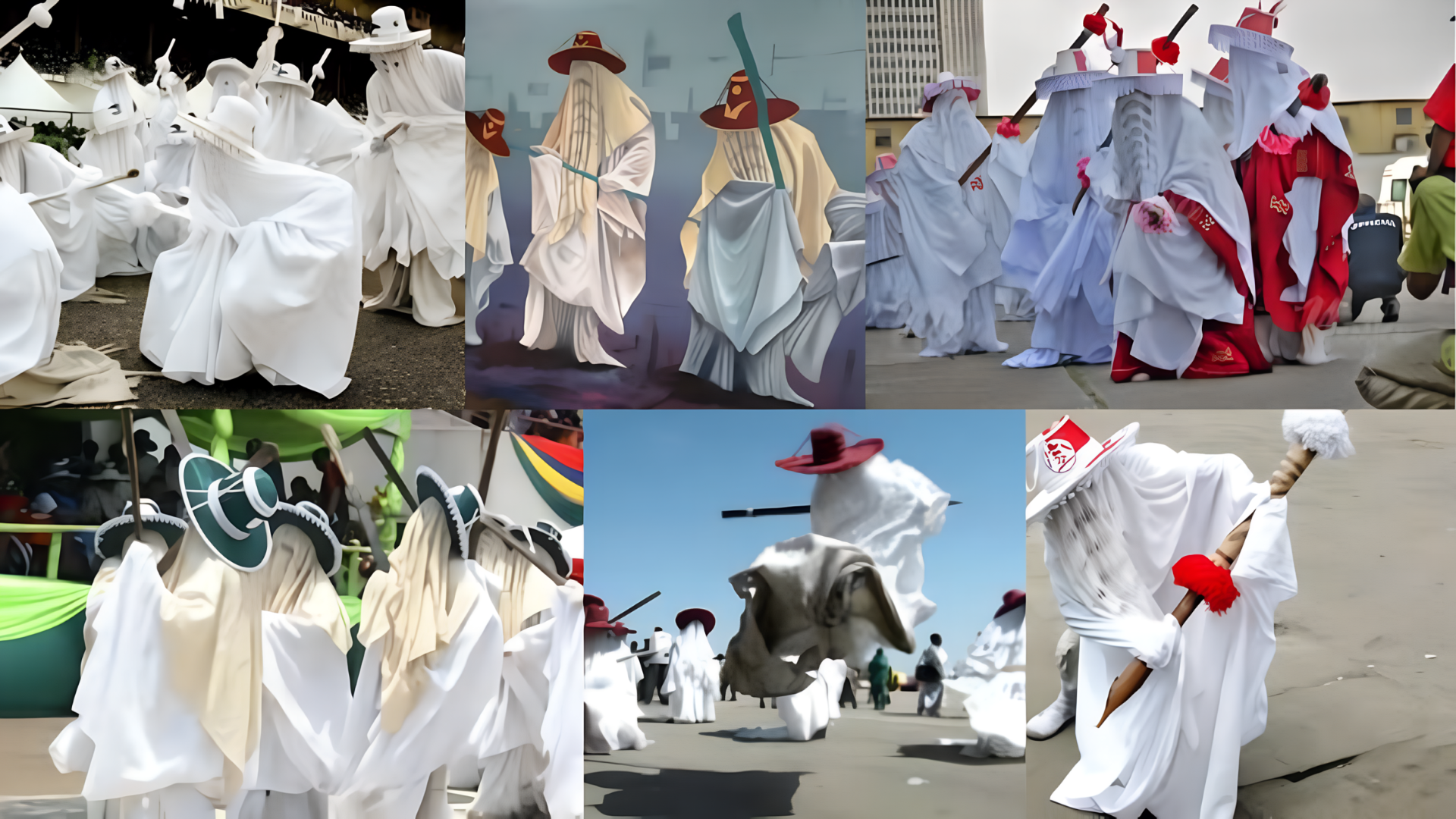
The Sango Festival is an annual event in Oyo town to celebrate Sango, the Yoruba god of thunder and lightning.
These festivals are more than just events—they are expressions of identity, spirituality, and cultural preservation.
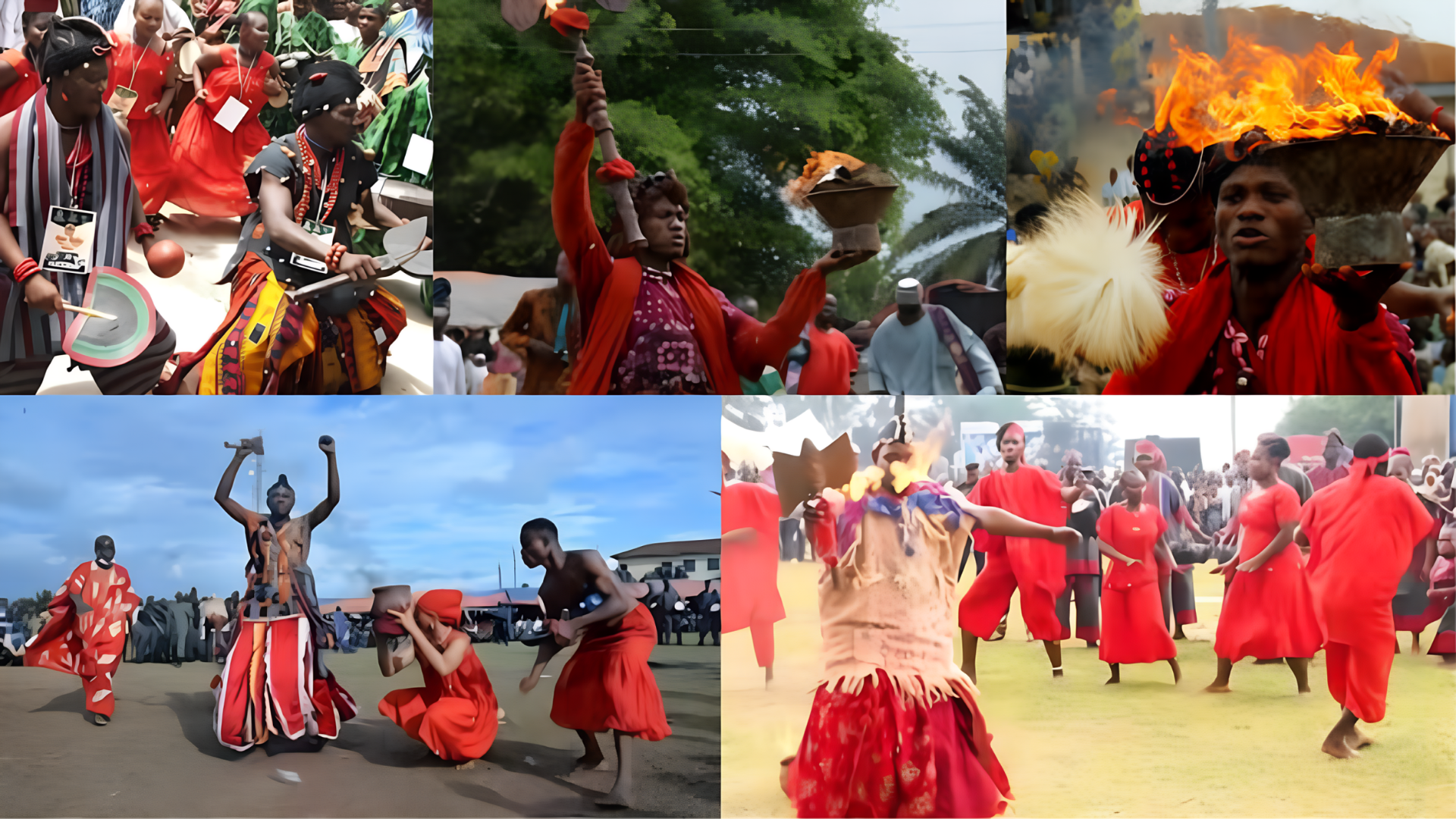
Yoruba sculptors are world-renowned for their wood and bronze carvings, often depicting deities (Òrìṣà), kings (Ọba), and ancestors.
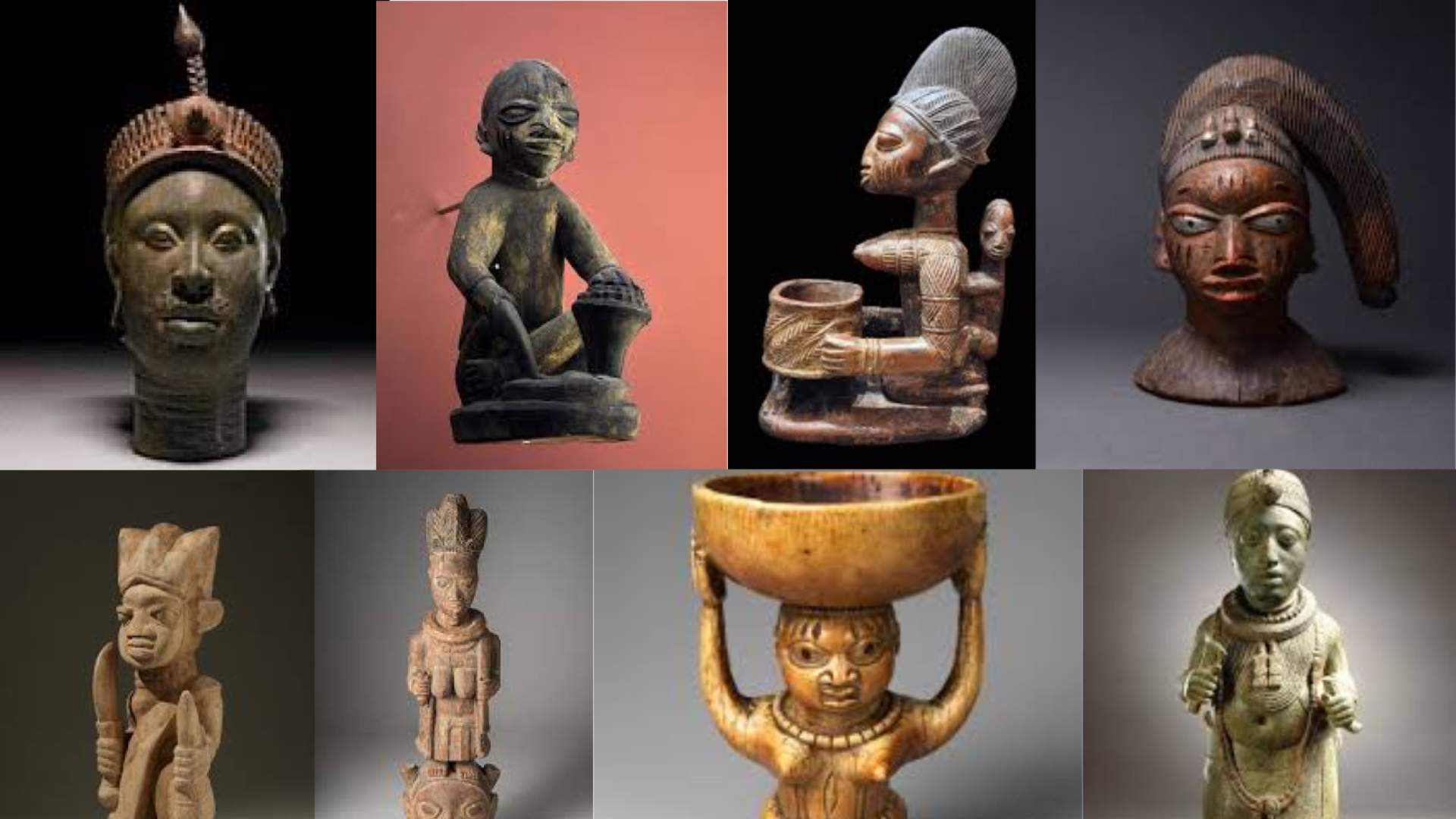
Yoruba beadwork is more than decoration—it represents royalty, spirituality, and social status.
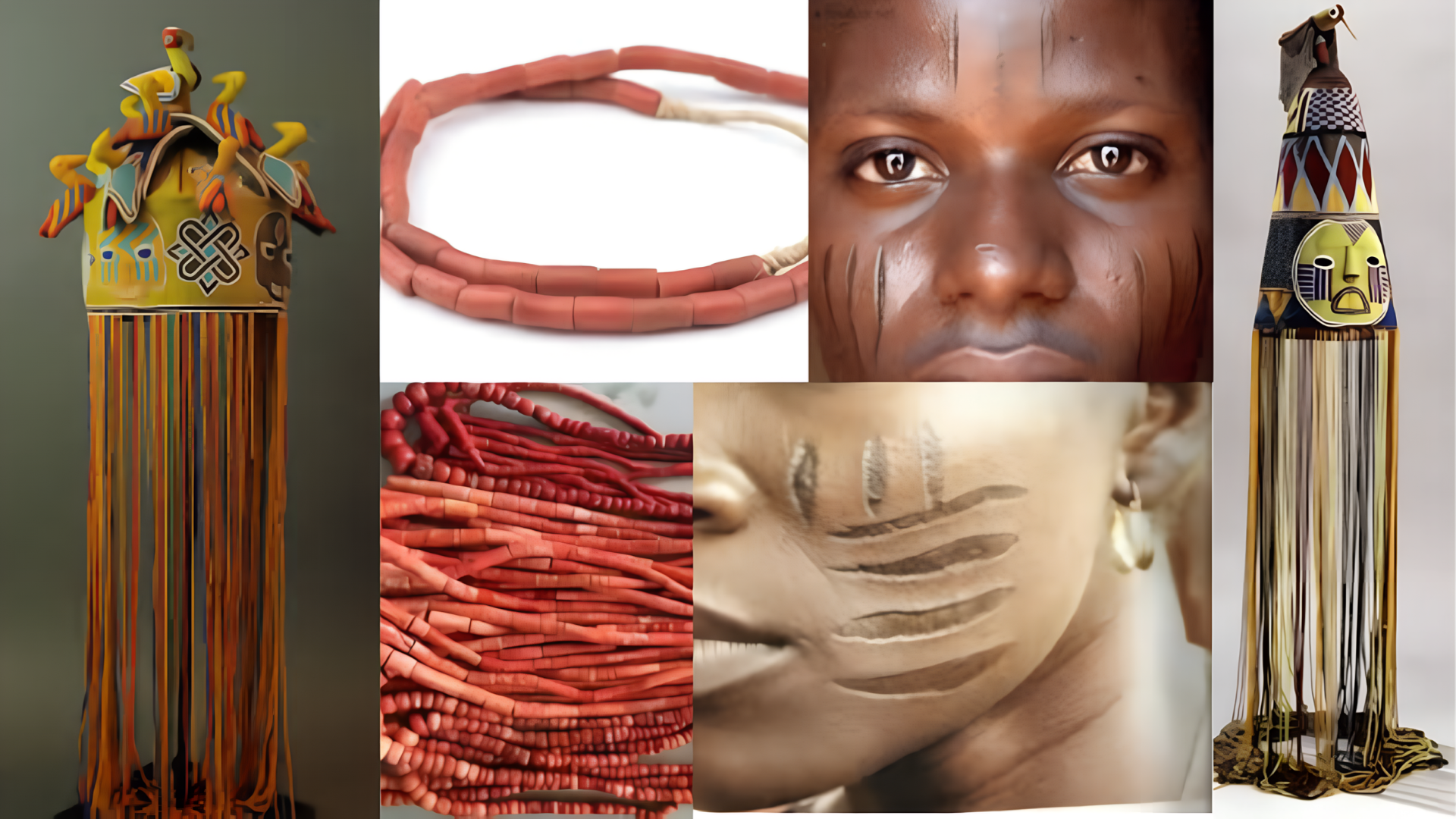
The Yoruba are known for their vibrant textiles made from locally woven fabrics.
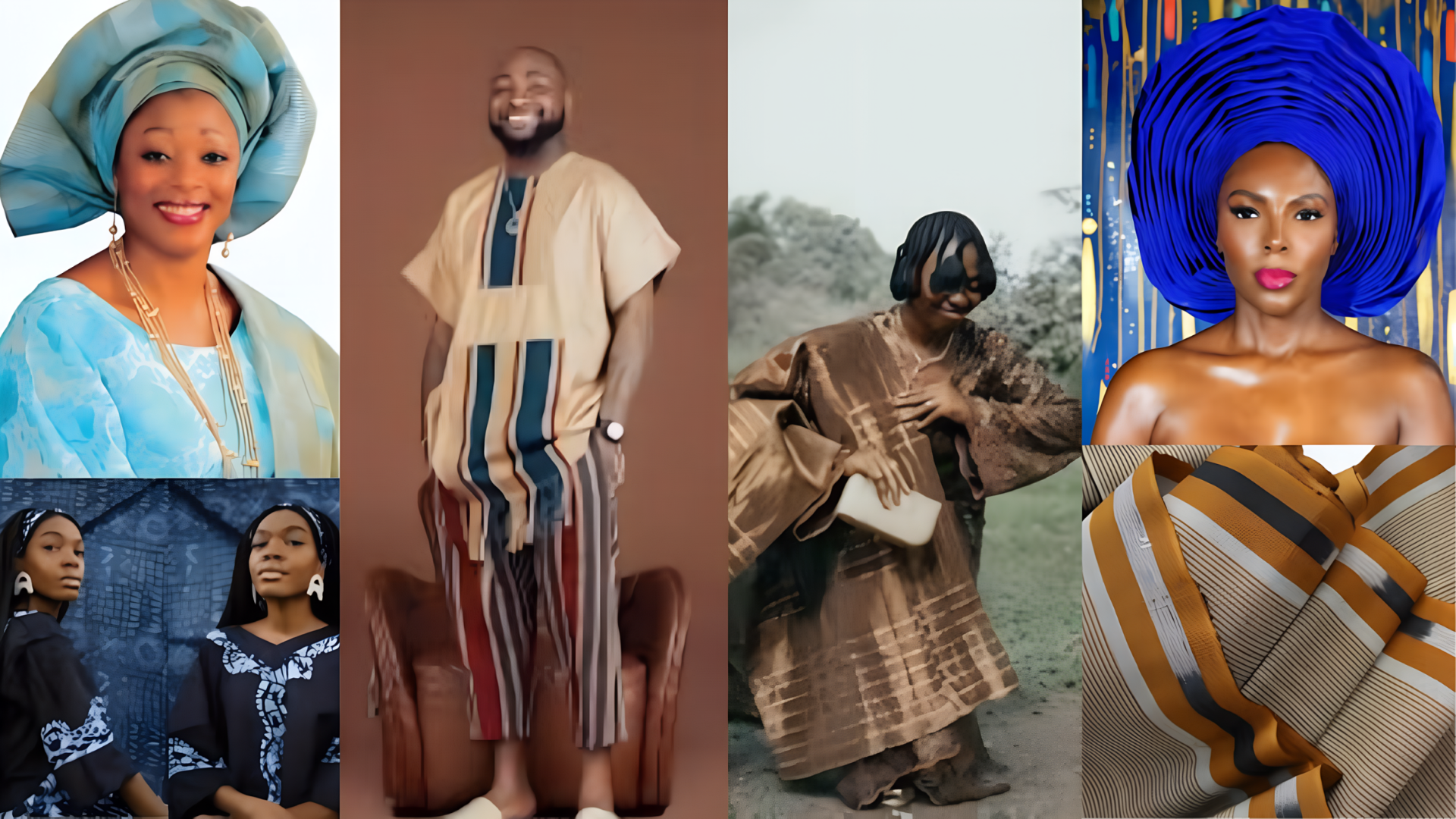
Music and dance are at the heart of Yoruba life, used in celebrations, storytelling, and rituals.

In Yoruba culture, words are more than just speech — they are art.
Together, poetry and storytelling keep Yoruba heritage alive — inspiring, educating, and uniting people across ages.
